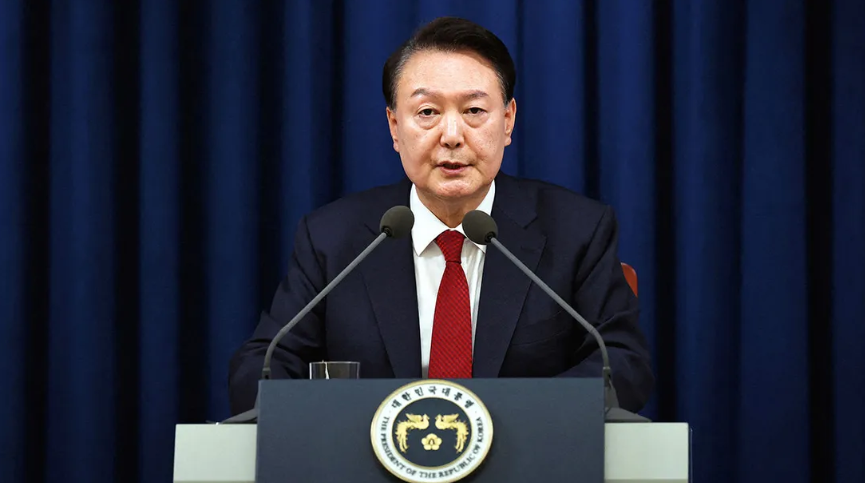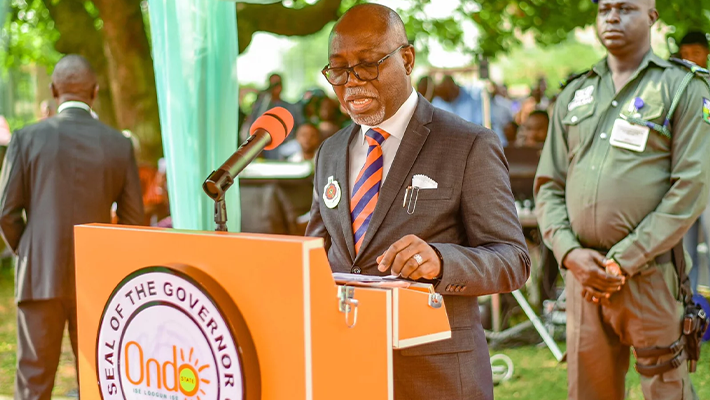South Korea’s impeached President Yoon Suk Yeol appeared in court on Tuesday for hearings that will determine whether he will be officially removed from office, following his controversial declaration of martial law and subsequent arrest on insurrection charges.
Background: Martial Law Declaration and Impeachment
Yoon, a former prosecutor, threw South Korea into political turmoil on December 3, 2024, when he declared martial law, suspended civilian rule, and deployed soldiers to parliament.
His attempt to impose military control lasted only six hours, as the opposition-led National Assembly defied the military presence and voted to overturn the decree. Shortly after, Yoon was impeached by parliament over his actions.
In mid-January 2025, South Korean authorities raided the presidential residence at dawn and arrested Yoon on insurrection charges, making him the first sitting South Korean president to be arrested.
Ongoing Impeachment Trial
The Constitutional Court is currently reviewing his impeachment case, and if the court upholds his removal from office, a new presidential election must be held within 60 days.
Yoon remains in detention but has been attending the impeachment hearings in person. On Tuesday afternoon (2:00 PM KST, 0500 GMT), a convoy of black SUVs transported him to the court for the latest hearing.
Key Allegations and Defense
At previous hearings, Yoon denied ordering the military to forcibly remove lawmakers from parliament to stop them from voting against his martial law decree. However, opposition lawmakers refuted his claims, presenting evidence that he directly instructed top military commanders to intervene.
Yoon has maintained that his martial law attempt was not a failure, stating instead that it "ended a bit sooner than expected."
During Tuesday’s hearing, key testimonies were expected from:
- Two former military commanders
- A former deputy director of the National Intelligence Service (NIS), Hong Jang-won
Hong previously testified before lawmakers that he had been ordered to arrest politicians, contradicting Yoon’s denial of issuing such an order.
Potential Legal Consequences
In addition to impeachment proceedings, Yoon faces a separate criminal trial on insurrection charges. Prosecutors have indicted him as the ringleader of an attempted coup, stating that his actions amounted to a direct attack on South Korea’s democratic system.
- Insurrection is not covered by presidential immunity in South Korea.
- If convicted, Yoon could face life imprisonment or the death penalty.
What Happens Next?
- The Constitutional Court will rule on his impeachment in the coming weeks.
- If removed from office, a new election must take place within 60 days.
- His criminal trial for insurrection will proceed separately, determining whether he will face prison time or harsher penalties.
This case marks one of the most significant political crises in South Korea’s history, with the fate of democracy in the country at stake.




